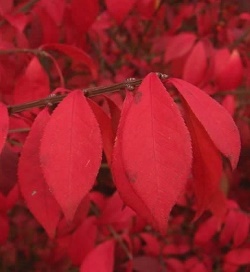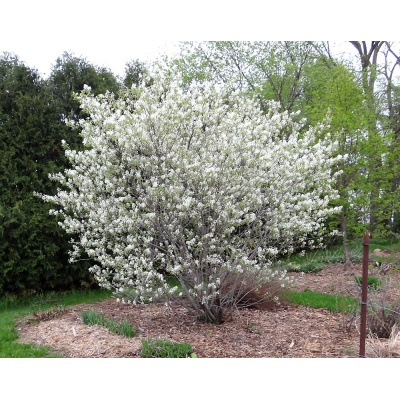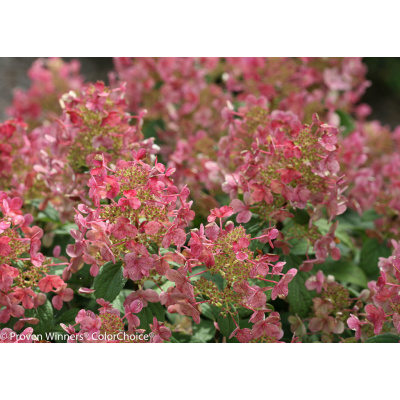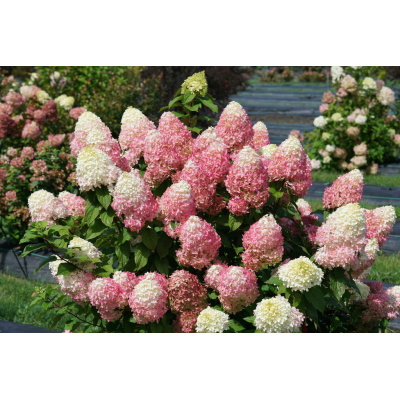Description
 Chicago Fire® Burning Bush
Chicago Fire® Burning Bush
Chicago Fire is a variety of Burning Bush that is valued for its brilliant color. Use a few for a screen or hedge, or just one as an eye-catching accent plant.
Your Chicago Fire Burning Bush will provide color to your yard that is so brilliant it’s sure to catch your eye from almost anywhere in your yard. Resplendent in vibrant green with mahogany tones in the summer, and displaying brilliant fiery foliage in the fall, Chicago Fire really knows how to put on a show.
Even during the winter months your Chicago fire provides interest, its corky stems a stand-out amid other plantings. As an added bonus, red fruits appear in the fall and persist, opening to expose small, orange seeds that are quite ornamental in appearance.
Chicago Fire is an adaptable, hardy shrub and grows to 10 feet tall with an 8-foot spread. It tolerates a wide range of soils (with the exception of wet, poorly-drained soil).
City or urban environments are no problem either, and it performs well in various levels of sun or shade. Chicago Fire is a fast-growing shrub, so you won’t have to wait long for results. It maintains a natural, pleasing shape but can also withstand heavy pruning.
Your Chicago Fire is certainly a Burning Bush with a lot to offer. With little or no attention from you, the addition of a Chicago Fire to your landscape ensures year-round interest and a fiery splash of color sure to dazzle your friends and neighbors.
Botanical Name
Euonymus alatus ‘Timber Creek’
Foliage
Green
Mature Height
8 to 10 feet
Mature Spread
6 to 8 feet
Soil Type
Widely Adaptable
Sun Exposure
Full Sun, Partial Sun
Growth Rate
Fast
Flower Color
Yellow, Green
Fall Color
Red
Zones 4-8



Reviews
There are no reviews yet.